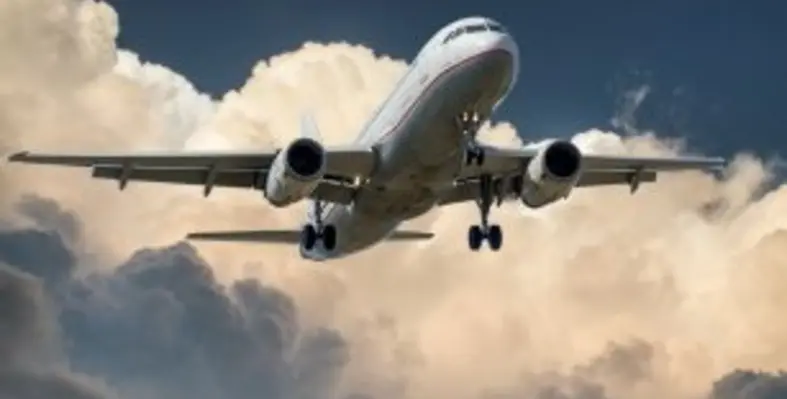Job losses in aviation and related industries may grow to 1.5mn due to COVID-19, which is more than half of the region?s 2.4mn aviation-related employment, according to International Air Transport Association (IATA)
According to the industry experts, accelerated recovery of air transport across the region is paramount to minimise the impact on jobs and the Middle East economy.
This can be achieved through government action in two priority areas including harmonising the restart of air transport across the region and continued financial and regulatory support.
Some countries in the Middle East are opening their borders to regional and international air travel but inconsistent application of biosafety measures along with unnecessary entry requirements are deterring passengers and suppressing the resumption of air travel.
Governments need to implement the common global set of air transport biosecurity measures, contained in the International Civil Aviation Organization?s CART Take-off Guidelines.
A regional priority is securing support in the form of wage subsidies and loans as well as an extension of the waiver for the 80-20 use-it-or-lose-it slot rule. This is needed to provide critical relief to airlines in planning schedules amid unpredictable demand patterns.
?Saudi Arabia has confirmed a waiver for its slot coordinated airports and we hope the UAE, Morocco and Tunisia will do so soon. Airlines need to focus on meeting demand and not meeting slot rules that were never meant to accommodate the sharp fluctuations of such a crisis,? said Muhammad Al Bakri, IATA?s regional vice-president for Africa and the Middle East.
?Businesses which contribute substantially to the region?s GDP and provide thousands of jobs are at risk without these vital connections. For the region?s economic recovery, it is imperative that the industry restarts safely as soon as possible,? added Muhammad Al Bakri.







